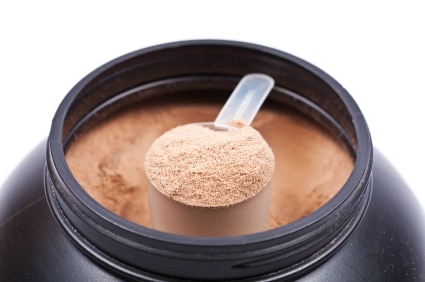Whey Protein Does More Than Build Muscle What can lower blood pressure, lower LDL cholesterol, improve mood and thinking, stimulate...

Whey Protein Does More Than Build Muscle What can lower blood pressure, lower LDL cholesterol, improve mood and thinking, stimulate...